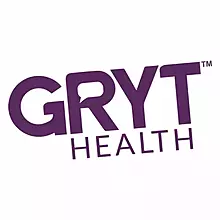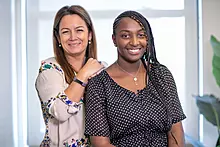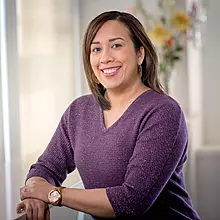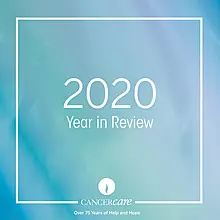
CancerCare social worker Charlotte Ference, LMSW, recently joined GRYT Health to talk about dealing with cancer on an emotional level. During her presentation, Charlotte shared stressors likely faced during certain stages of a cancer journey and coping mechanisms that can help to work through those stressors. This article outlines these stages, covering the stressors and coping strategies discussed during the program.









